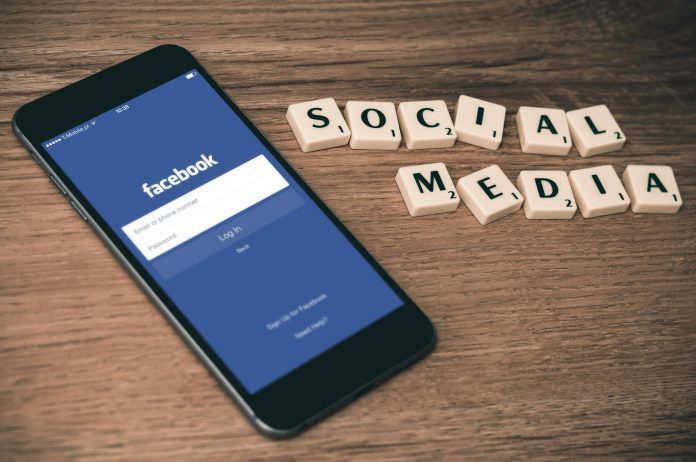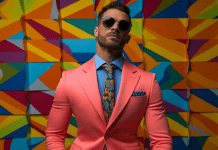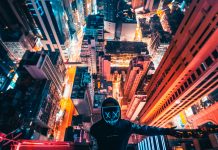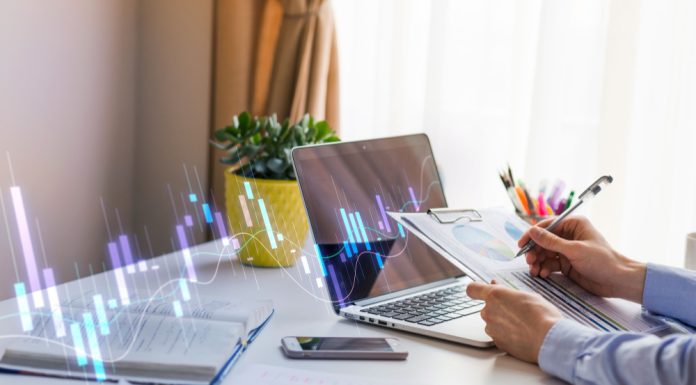In the digital age, social media has emerged as a powerful force shaping our perceptions of beauty. Platforms like Instagram, Facebook, and TikTok are flooded with carefully curated images that set the standards for what is considered beautiful. Influencers and celebrities with millions of followers showcase flawless skin, perfect bodies, and impeccable style, creating an idealized version of beauty that many strive to emulate.
However, this relentless pursuit of perfection comes at a cost. The pressure to conform to these unrealistic standards can lead to body dissatisfaction, low self-esteem, and mental health issues. Many individuals feel inadequate or insecure about their appearance, constantly comparing themselves to the seemingly flawless images they see online.
Despite these challenges, social media has also played a positive role in promoting diversity and inclusivity in beauty standards. Many influencers and brands are now embracing diversity by showcasing a wider range of body types, skin tones, and gender identities. This push for inclusivity is empowering individuals to redefine beauty on their own terms, challenging traditional norms and celebrating uniqueness.
In this blog, we will delve deeper into the impact of social media on beauty standards, exploring both the negative and positive effects. We will examine how social media influences our perceptions of beauty, the pressures it creates, and the ways in which individuals and society are redefining beauty in the digital age.
The Rise of Influencers and Filters
Social media has given rise to a new breed of influencers who have a significant impact on beauty trends. These influencers often promote unrealistic beauty standards, leading many people to feel inadequate or insecure about their appearance. Filters and editing tools further distort reality, creating an unattainable image of beauty.
The Rise of Body Positivity and Self-Acceptance
Amidst the prevalence of unrealistic beauty standards on social media, there has been a growing movement towards body positivity and self-acceptance. Influencers and activists are using their platforms to challenge traditional beauty norms and celebrate all body types. This movement emphasizes the importance of self-love and acceptance, encouraging individuals to embrace their bodies as they are. Social media has provided a powerful platform for this movement, allowing people to share their stories and connect with others who are on a similar journey towards self-acceptance.
The Pressure to Conform
The constant bombardment of images depicting idealized beauty can create pressure for individuals to conform to these standards. This can lead to body dissatisfaction, low self-esteem, and even mental health issues like anxiety and depression.
The Promotion of Diversity and Inclusivity
Despite its drawbacks, social media has also played a positive role in promoting diversity and inclusivity in beauty standards. Many influencers and brands are now embracing diversity by showcasing a wider range of body types, skin tones, and gender identities.
The Role of Brands and Advertisers
Brands and advertisers play a significant role in perpetuating unrealistic beauty standards through their marketing campaigns. By featuring models who adhere to conventional beauty standards, they reinforce the idea that beauty is synonymous with a specific look.
Empowering Individuals to Redefine Beauty
Despite the challenges posed by social media, individuals have the power to redefine beauty on their own terms. By embracing their unique features and challenging societal norms, people can break free from the confines of traditional beauty standards.
The Impact on Mental Health
The pressure to conform to unrealistic beauty standards can have a detrimental impact on mental health. Studies have shown a link between social media use and body image issues, eating disorders, and low self-esteem, particularly among young people.
Inference
Social media has undoubtedly had a profound impact on beauty standards, both positive and negative. While it has created unrealistic expectations and pressures to conform, it has also provided a platform for diversity and inclusivity. Ultimately, beauty should be about self-expression and individuality, not about conforming to an idealized image.


















